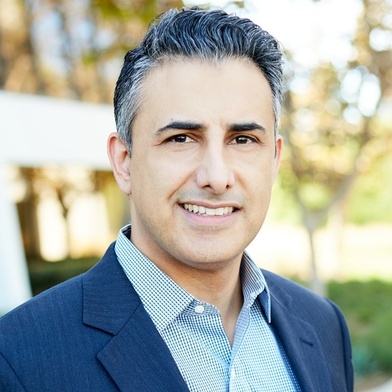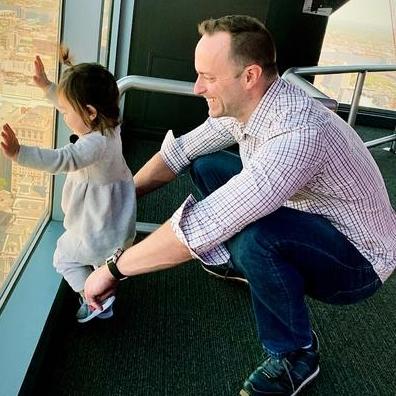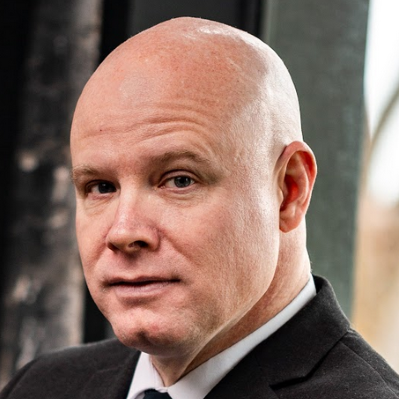Louisville Patent Attorneys & Lawyers for Hire
How it Works

Ross Brandborg

Kanika Radhakrishnan

David Yamaguchi

Ali Shalchi

Joel Douglas

James Smedley

Gene Rhough

Ken Emanuelson

Michael Ansell

Matthew Golden
Louisville Patent Lawyers for Hire
Why use UpCounsel to hire a Louisville Patent Attorney?
Average experience
You always get experienced professionals and high caliber work.
Faster
Your work gets done quickly because professionals are always available.
More cost effective
We use technology to cut traditional overhead and save you thousands.
UpCounsel has been talked about in:
Legal Services Offered by Our On-Demand Louisville Patent Attorneys
Our experienced Louisville patent attorneys & lawyers represent individuals and businesses throughout the world with domestic and foreign patent preparation and prosecution matters. They have extensive experience handling applications from nearly every sector of technology, including biotechnology, computer hardware and software, communication networks, internet systems and methods, automotive, medical equipment, construction technology, consumer electronics, and clean technology research and development.
Our patent attorneys are of the most highly trained in the industry, requiring a scientific background, and passing a second level of testing known as the Patent Bar Examination. Thousands of patents are submitted to the patent office every day and a patent committee reviews each patent for its validity. The process requires that correctly drafted documentation present a clear case for the novelty of the invention, which is best made by a patent attorney with a higher education background in your industry.
Our Louisville patent attorneys & lawyers can help you file a provisional patent, which lasts for 1-year and allows you to immediately begin using/manufacturing your invention with the confidence that your idea is protected. These types of patents are great if you think your idea will change a lot over the next year before you file a (non-provisional) patent. These patents are easier to obtain and are less expensive but you should have a patent lawyer review your provisional patent application to insure that you are meeting your objectives when you file your patent.
Improve Your Legal ROI with Affordable Patent Attorneys that service Louisville, KY.
What Our Customers Have to Say
"UpCounsel gives me access to big-firm lawyers minus the big-firm price tag. I work with several attorneys on the platform and there are never surprises...I always receive quality legal work at competitive rates that larger firms simply cannot match."
"Every startup needs to know about UpCounsel. We found great attorneys at great prices and were able to focus our resources on improving our business instead of paying legal bills."
"Before UpCounsel it was hard for us to find the right lawyer with the right expertise for our business. UpCounsel solves those problems by being more affordable and helping us find the right lawyer in no time."
Related Articles
Key Takeaways
- A patent claim chart is a structured tool that maps each element of a patent claim to features of a product or process.
- Claim charts are used in litigation, licensing, due diligence, and negotiations, helping clarify complex technical and legal issues.
- There are different types of claim charts, including infringement charts and invalidity charts, each serving distinct purposes.
- Properly prepared claim charts can strengthen legal strategy, but poorly drafted ones may weaken a case.
- Common mistakes include being overly broad, failing to include claim language, or neglecting visual aids where helpful. <
...
Read More